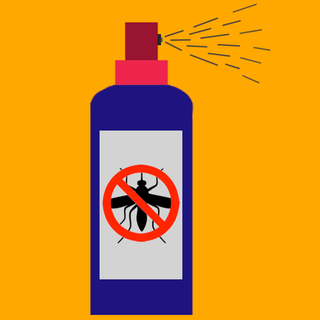In our first analysis based on our survey with 1,100 women regarding reproductive health care in India, 75% of women said their gynecologists have never or only casually mentioned HPV or Pap smears. In this article, we’ll look at that breakdown a little more closely.
Human papillomavirus, or HPV, infection is far and away the most common cause of cervical cancer — and Pap smears are the most common form of screening for abnormal or cancerous cells. HPV is a very common sexually transmitted disease that most people never know they have — which means you have to be able to talk about sex in order to talk about HPV infection or Pap smears. Little surprise that women who said they could not discuss sex openly and without fear of judgment with their gynecologists were more likely to report not discussing HPV or Pap smears.
The tragedy is, HPV infection — and thus, most cervical cancer cases — is highly preventable. The HPV vaccine has been proven time and again to be a safe and highly effective way of lowering cervical cancer risk. It is especially effective if administered proactively — before chance of exposure to the virus (i.e., before becoming sexually active). Yet 74% of respondents who say they aren’t sexually active also report never having discussed HPV with their gynecologists, or hearing only a casual mention. This is inexcusable.
Related on The Swaddle:
To be fair, most of our survey’s respondents report being sexually active already, and most of them also report not having a discussion about HPV or Pap smears with their gynacs. Perhaps gynecologists are assuming these women already know about the possible infection, its implications, and the cancer-screening procedure. But that’s a big assumption to make. Wouldn’t it be better to make sure women are aware of these critical aspects of reproductive health — as well as their options for preventative care? Studies have shown that the HPV vaccine, even when administered to women who are already sexually active, still lowers the likelihood of abnormal, pre-cancerous cervical cells being discovered during a Pap smear, compared to women who never received the vaccine.
It’s likely that many gynecologists are simply administering Pap smears without discussing with their patients what it is or what it is for. But discussion is necessary. Catching possible cancer cells during a Pap smear is not the same thing as preventing or lessening the likelihood of them ever developing in the first place — which is what the HPV vaccine can do. It’s time for some frank conversations about sex and STDs in gynecologists’ offices; women’s lives are on the line.




